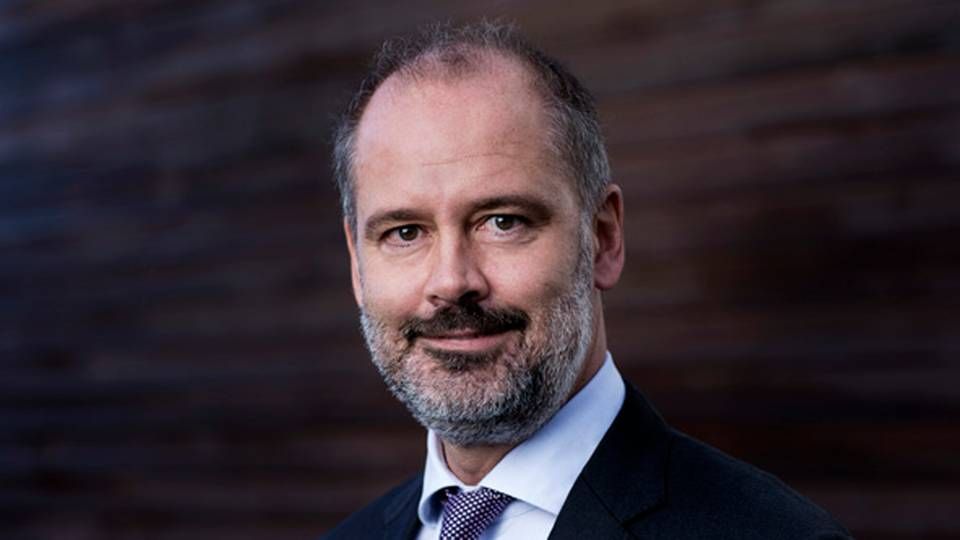"You need much more than macroeconomic abilities to be a good investor"

What career path did you envision for yourself when you were younger?
"The career path I have taken is probably the result of a number of accidents or coincidences rather than conscious design. When I was facing the choice of what to study at university, I was very much in doubt about whether I should go for economics or history of literature. I was very interested in the way literature is affected by writers' contemporary surroundings. Anyway, I think it's been good for me — and good for literature — that I chose economics!"
When did you decide on the career path that you're on today?
"I probably realized the route I would be on in the future when I started to work in depth with the financial markets at the debt office at the Danish central bank. At university I really liked macroeconomics and when I finished, I had the choice of joining the central bank or the Ministry of Finance"
"Actually it was quite random that I chose the central bank, but it did give me the opportunity to join the IMF as a young economist. It was after that that I moved to the debt office at the central bank and found working with the markets very interesting. You need much more than macroeconomic abilities to be a good investor. You need, for example, to have a very holistic approach to risk."
"The unpredictability of investing is something that really fascinates me, and there's the challenge of it. Investment is just a tool for turning savings today into tomorrow's consumption, and the question is, how do you translate that into something that really helps your customers?"
What part of your education has been most useful in your career?
"Education may give you all the specific tools you need, say, to become a successful economist or investor, but the most important part of my education has probably been on-the-job training. I think the most important education comes afterwards, as you use those tools you gained at university and then realize their limitations once you get into the real world. You start out by assuming the world is well-behaved and follows a nice bell curve or something, but then you learn it's not quite like that. "
What part of your CV represents the most drastic change in your career path?
"I'm not sure there have been any drastic changes, but going from being a macroeconomist to an investment manager was quite a shift. When I accepted the job at ATP, when Lars Rohde was the new CEO, I went from working at the central bank and the IMF into an environment where my role was about developing a new strategy and a new way of investing."
"In many ways it was a more creative way of working. Developing a clear understanding of what I was trying to accomplish was very important. My 15 years at ATP were very much a long journey of process development."
Which leader in the industry has been most inspiring to you career-wise?
"In many ways Lars Rohde has been that person for me. He was my boss for 15 years, and during that time he was very good at telling me to think out of the box and be open to new possibilities. At least from my point of view, that has been very inspiring."













